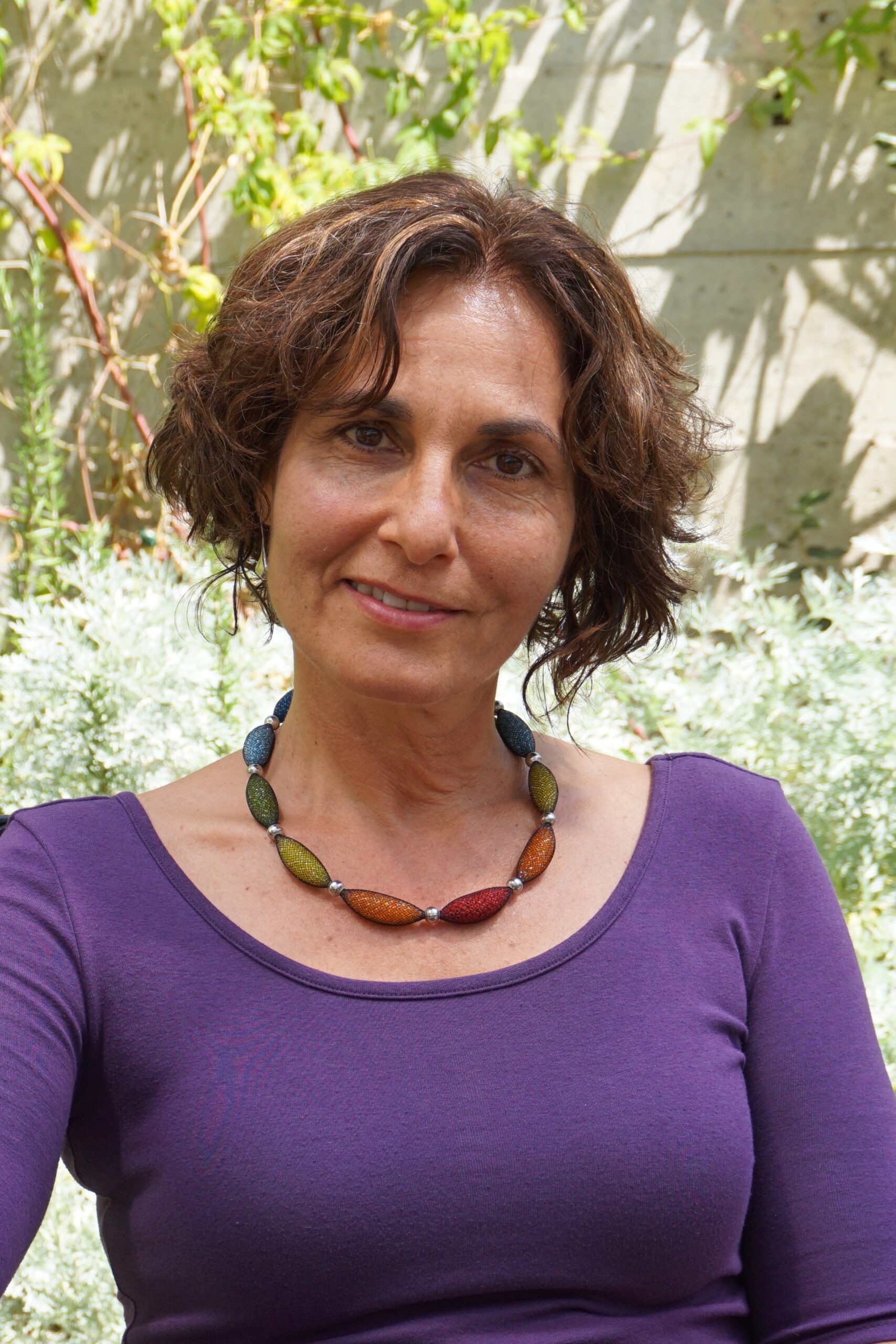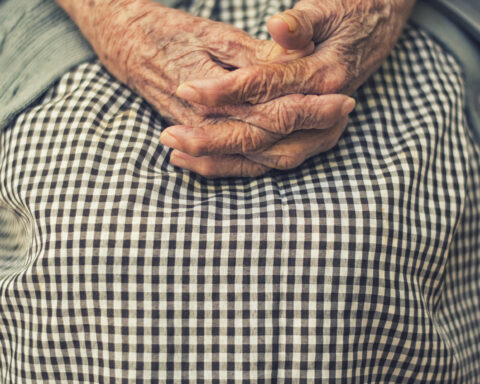It was with great anticipation and excitement that I would come to have my first sit down with re-known Bay Area Holistic Nutritionist Tamar Cohen. I was hopeful this would be the first of many more sit downs with Tamar.
She has an enormous wealth of knowledge and credentialed expertise in the field of Holistic Nutrition. For more on Tamar and her background check out her site Tri Holistic Nutrion.
Upon her suggestion we met in the gourmet ghetto at Mission Heirloom. Mission Heirloom takes all natural to a whole new level. No surprise it would be birthed in Berkeley’s gourmet ghetto where whole foods, organic, locally grown, non-gmo culinary delights have given root to much of the nation’s vegan, raw, super healthy and holistic nutrition uprising.
Tomar’s insights, peaceful nature and depth of holistic balance far exceeded my expectations.
Here’s our exchange:
SB: Tomar how did you get started with your holistic lifestyle and your background? How did you get involved and come to love holistic living?
TC: I was searching for a new career, but really I was training for triathlons and looking for ways to fuel myself in a holistic way with a lot of product from the market that would cater to athletes and I didn’t like the ingredients that were in there so I started making my own.
Putting things together. Experimenting with flavors, and the macro-nutrients, percentage of protein carbohydrates and fats and basically going online and in the process I eventually decided I actually want to study this further. I want to learn and be able to do this as a profession so that’s how I found Bauman College for the Holistic Nutrition and culinary arts, but really it was through the training that lead to that path.
SB: Now did you feel a significant change when you left some of that processed stuff that was catered to athletes? You must’ve felt something or a noticeable difference?
TC: Absolutley. So the first couple of years that I was training I was using non-steroidal anti-flammatories on a regular basis, advil and celebrate and even dylophonagahp which is a really strong medication. I was having a lot of joint problems, knee problems.
I had a neck injury and finally after two years of training, I had been training hard and taking medication and then I started studying and realized that I need to change my diet and so I switched to a greatly anti- inflammatory diet and I was able to then really stop taking I haven’t had any advil in probably ten years. And no medications whatsoever and I was able to do that.
And I was able to do distances like the half Iron Man, the Century just by adjusting my food, flourate, ginger, but there’s inflammation, but generally it’s taking foods that are flammatory and eating foods that reduce inflammation and completely changing my diet and it makes a huge difference. Plus there were other things like my hair was shinier. My skin looked better. My weight. So there were lots of different things.
SB: And now for someone who is thinking about getting healthy – what are a few pointers in terms of being able to go from a really unhealthy lifestyle to a healthy lifestyle?
TC: I would say the number one thing is ditch the sugar. If you wanted me to give three things I can go beyond, but number one ditch the sugar. Sugar is prevalent. It’s in everything. It’s really in everything. Sugar is a serious problem and it causes so many different issues. And the other thing is obviously increasing the consumption of vegetables.
So people are not eating enough vegetables. They’re eating too much sugar and they’re eating way too much processed food. So those are sort of the three things that will get people on the right track.
And then from there of course you go into balancing your fatty acids and making sure you’ve got all of your micronutrients, but essentially if you eat more vegetables and you cut out the sugar and you cut out the processed foods you’re doing a lot.
SB: And lastly now I know your philosophy and the way you work is very specific to each and every person so obviously it is more specific than just diet, but you know from your training that it makes a difference. Can you elaborate.
TC: Yes so there are specific foods that help specific issues like if someone has blood sugar regulation there are specific foods that will benefit them for example bitter melon or cinnamon help with blood sugar regulation. A woman who came to me recently has depression. Cashews are very helpful for that. If someone has hypertension celery is very helpful.
So I come to the diet and recommendations that are very specific to the client. I also don’t give people the same guidelines. Everyone is different. I’ve got people who are vegan. I’ve got people with lots of food allergies.
Obviously I have to give everyone a different diet. In general my philosophy is, I call myself a nutrientist rather than a paleo, AIP or vegan. Essentially looking for the food that is most nutrient dense so if someone’s going to be eating grains well let’s make sure eating the best kind of grains and getting the most nutrients out of it.
If you’re eating dairy let’s make sure you’re getting the best possible kinds of dairy because dairy is formented and there’s lots of different kinds of stuff so I don’t tell people you can’t eat this or you can’t eat that. Sugar. If someone’s eating dairy that’s fine, someone’s eating legumes, someone’s eating grains that’s fine let’s find the most nutrient dense and the best options for you. If you’re eating meat. Great. Let’s make sure it’s good quality.
SB: Anything else you ‘d like to add?
TC: I think moderation is an important thing and I think people need to decide for themselves how to balance their life in terms of are you and 80/20 person or are you 95/5 percent so when someone is making the switch to a healthy lifestyle it always makes sense to allow yourself to make mistakes moderation if you want to go eat out eat whatever you want eat it once every two weeks.
The rest of the time you’re good. If you want to have two bad meals week then you have two bad meals a weak just allow yourself to make mistakes allow yourself time to incorporate the sort of health lifestyle that’s not something you do over night. If someone’s been eating unhealthy for forty years it’s going to take time to change. It’s not going to happen over night.
Changes they are going to see will take time. Just like with me the changes didn’t happen overnight, but it does happen.To see Tamar’s range of holistic products click here.Be on the lookout for more expert advice from Tamar on leading an optimal and balanced life in the coming weeks.












